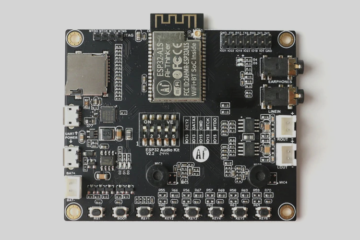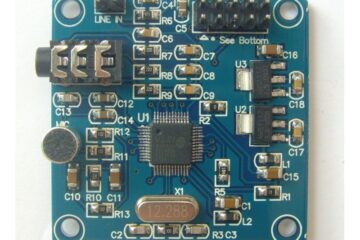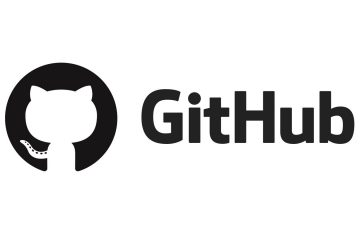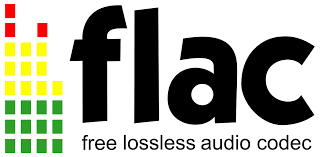Arduino
Arduino Audio Tools – Creating A Multiuser Audio Webserver
Quite some time ago I was playing with the idea that it should be quite easy to implement a web server in Arduino that provides the same audio signal to multiple users. All that needs to be done is register new connections and close them when the user closes the browser window. Then we just need to copy the same data to all open connections. That’s how my TinyHttp (Audio) Server got started. This week Read more…







